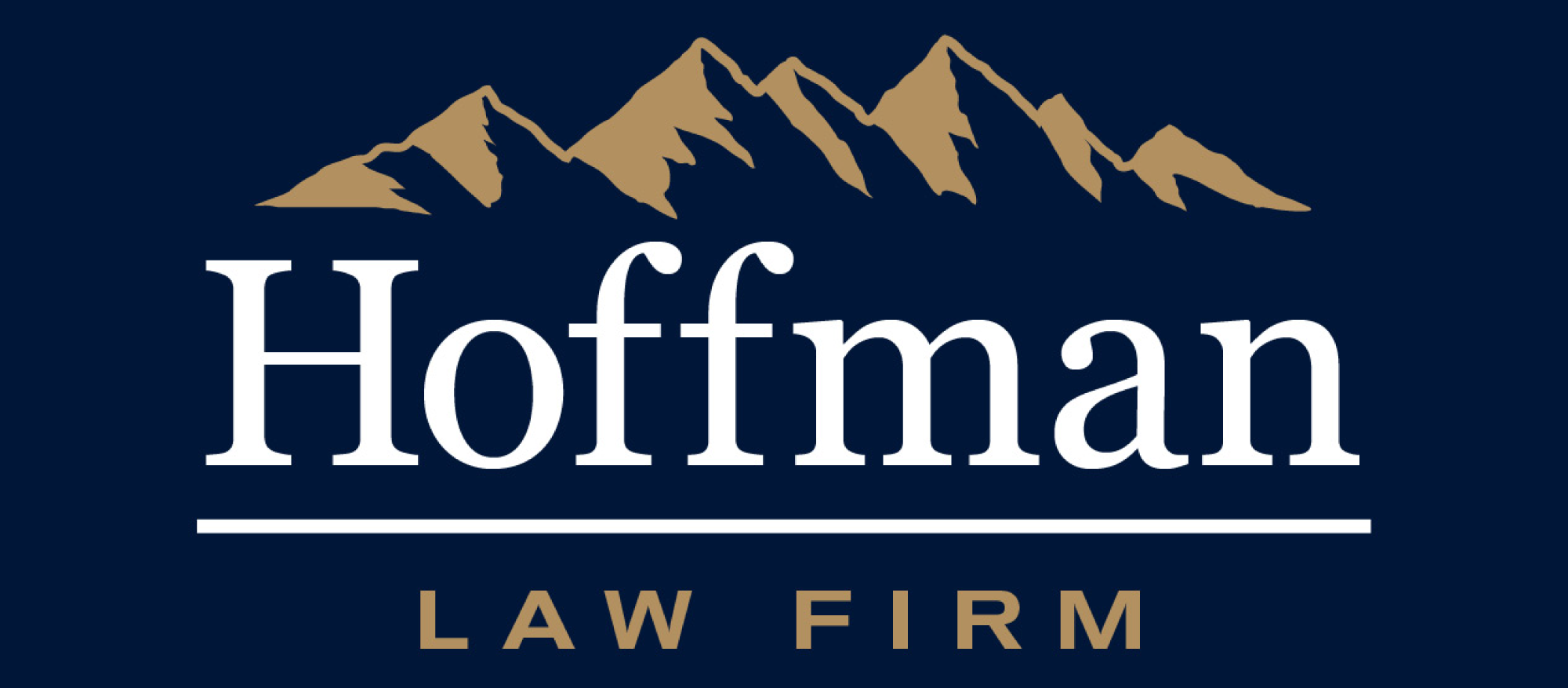What is Mediation in a Colorado Personal Injury Case?

In most Colorado personal injury lawsuits, mediation is a required step in the lawsuit. Mediation offers both plaintiffs and defendants the opportunity to negotiate a settlement without going through a lengthy and costly trial. In this article, we’ll delve into what mediation is, its benefits, and how it works in the context of Colorado personal injury cases.
Understanding Mediation in Personal Injury Cases
Mediation is a form of alternative dispute resolution (ADR) used in legal matters, including personal injury cases. It involves a neutral third party, known as a mediator, who facilitates discussions between the parties involved. The primary goal of mediation is to reach a mutually acceptable settlement outside of the courtroom.
Here are the key elements of mediation:
Neutral Third Party
The mediator is an impartial and trained professional who does not have a vested interest in the outcome of the dispute. Their role is to facilitate communication, encourage productive discussions, and guide the parties toward a resolution.
Voluntary or Court Ordered Participation
Mediation can be a voluntary process or court-ordered by the Judge assigned to the case. Mediation occurs in almost every personal injury lawsuit in Colorado.
Confidentiality
Mediation proceedings are confidential, which means that discussions and information shared during the process generally cannot be used against any party in subsequent legal proceedings. This confidentiality fosters open and honest communication.
Informal Setting
Mediation usually takes place in a relaxed and informal setting, such as a conference room, rather than a courtroom. This environment encourages open dialogue and reduces the adversarial nature of disputes.
Mutual Agreement
The primary goal of mediation is for parties to reach a mutually acceptable agreement. The mediator helps identify common ground, explore possible solutions, and draft a settlement agreement if an agreement is reached.
The Mediation Process in Colorado Personal Injury Cases
The mediation process used can be followed in these steps:
Selection of a Mediation
In a Colorado personal injury case, both parties typically choose a mediator who is experienced in personal injury law and familiar with the local legal landscape. The mediator’s role is to guide the negotiation process impartially. In the rare case the two sides cannot reach a mutual agreement on the mediator, the Court may independently assign a mediator to the case. Colorado has a wide variety of mediators to choose from with some being past Judges and/or attorneys experienced in Colorado personal injury.
Initial Meeting
The mediation process begins with an initial meeting, where the mediator explains the ground rules and sets the tone for the proceedings. Each party may have their legal counsel present during mediation.
Open Discussions
Both sides present their arguments and evidence. The mediator ensures that the communication remains respectful and productive. This stage allows the mediator to understand each side’s position. These discussions can be held either in front of the other side or in privacy with only the mediator present.
Negotiations
The mediator assists in identifying common ground and potential solutions. They facilitate discussions to help the parties reach a mutually agreeable settlement. Mediation allows for creative solutions that may not be possible in a courtroom setting.
Drafting the Agreement
If an agreement is reached, the mediator or the parties draft a settlement agreement that outlines the terms and conditions of the resolution. Once signed, this agreement is most likely legally binding.
Benefits of Mediation
Mediation offers several advantages over traditional litigation in personal injury cases:
Cost-Effective
Mediation typically costs less than going to trial, as it involves fewer legal fees and court-related expenses.
Faster Resolution
Mediation often leads to quicker settlements, allowing injured parties to receive compensation sooner.
Control Over Outcomes
Parties have more control over the outcome of their case in mediation, as they actively participate in negotiations.
Confidentiality
Mediation is a private process, unlike trials, which are public. This confidentiality can be especially important in personal injury cases.
Preservation of Relationships
Mediation can help maintain or even repair relationships between parties, which may be essential in cases involving ongoing interactions.
For more information on personal injury mediation and legal assistance in Colorado, please don’t hesitate to reach out to Hoffman Law Firm PC. Our experienced personal injury attorneys are here to guide you through the process and help you achieve a fair resolution.
